US strikes against suspected drug vessels in the eastern Pacific and Caribbean have killed dozens of people whom President Donald Trump’s administration calls drug-trafficking terrorists responsible for thousands of deaths in the United States.
The administration has said it has “every authorisation needed” for the strikes, but is facing increasing scepticism from allies over US military operations in the Caribbean.
Here is a look at the legal authority for the strikes.
What is the US doing?
The US military has carried out at least 19 strikes against suspected drug vessels in the Caribbean and off the Pacific coasts of Latin America, killing at least 76 people.
The strikes dramatically depart from the traditional approach of using the US Coast Guard to intercept maritime drug shipments and prosecute traffickers in court, which the Trump administration said was a failure. The administration designated the trafficking groups as terrorist organisations and has alleged that the Tren de Aragua gang is controlled by Venezuelan President Nicolas Maduro, which Venezuela denies.
Human rights groups, including Amnesty International, have condemned the strikes as illegal, extrajudicial killings of civilians. Families of presumed victims have denied that their relatives were connected to drug trafficking.
What does the administration say?
The US Constitution assigns the power to declare war to Congress. However, the administration said Trump is using his constitutional role as the commander-in-chief of the armed forces and his authority to conduct foreign relations in carrying out the strikes.
Presidents representing both parties in the past have justified military force in limited actions abroad when it was in the national interest, was not restricted by Congress and did not rise to the level of war, according to legal experts.
The Trump administration, in a notice to Congress that is required under the War Powers Act, said the military was engaged in “a non-international armed conflict.” The administration said in the notice that the military is justified in using force in self-defence against the cartel members, which it called “unlawful combatants” and “non-state armed groups,” because the gangs were responsible for thousands of deaths in the United States.
The Justice Department has provided a legal justification that makes clear that US military personnel involved in strikes against suspected drug-trafficking vessels are immune from prosecution, three sources told Reuters on Wednesday.
Are the strikes legal?
The strikes may violate international law as well as US laws against murder and prohibitions on assassination, according to some legal experts.
International law allows for the use of force in self-defence, which applies to an armed attack or to an imminent armed attack. The Trump administration told Congress that actions by the cartels constitute an armed attack on the United States, citing the increasing flow of illegal drugs, paramilitary capabilities of the groups and significant loss of life in countries that are combating the groups. Legal experts said that the rationale falls short of what has been accepted by US administrations and under international law.
Declaring the cartels terrorist organisations has no bearing on whether military action is justified, experts said. They also said cartels cashing in on demand for illegal drugs do not fit the traditional definition in international law of non-state armed groups, such as al Qaeda, which are organised to carry out sustained attacks for political and ideological reasons.
International law requires the US military to distinguish between legitimate targets and civilians. Critics of the strikes have said the administration has not provided such evidence, though the administration has said it has complied with the law of armed conflict.
What are US allies saying?
US allies have raised repeated questions about the legality of the strikes.
France is worried about US military operations in the Caribbean because they violate international law, Foreign Minister Jean-Noel Barrot said on Tuesday.
On Tuesday, CNN reported that the United Kingdom was no longer sharing intelligence with the United States about suspected drug trafficking vessels in the Caribbean because it believes the attacks are illegal.
Colombian President Gustavo Petro on Tuesday ordered his country’s public security forces to suspend intelligence sharing with US intelligence agencies until the United States stops attacking boats in the Caribbean.
Can anyone legally challenge the strikes?
Members of Congress from both parties have criticised the strikes. Lawmakers could put limits on the president’s use of military force. Democratic senators in October asked the Justice Department to provide legal memos that justified the strikes.
In recent decades, lawmakers have been generally ceding their war-making power to the president, and Republicans, who control both chambers of Congress, are loath to cross Trump. The president holds enormous sway with Republican voters - 87 per cent of whom approve of his job performance.
Court challenges to carrying out the strikes would face high hurdles, as US courts often defer to the president on matters of foreign relations and security.
The administration likely removed one possible legal hurdle when it returned two survivors of a strike to their home countries, Colombia and Ecuador. Legal experts said releasing the alleged cartel members eliminated the possibility of a court battle over their detention and potentially a broader legal fight over the legitimacy of the strikes.
The families of people killed could try to bring a civil case for damages against the administration in the United States, although it would require years of potentially costly litigation.
Attacks also could be challenged in an international tribunal, an approach that has led to some countries to acknowledge past abuses. Experts said such tribunals, which generally lack enforcement power, could not stop the administration from carrying out the strikes.


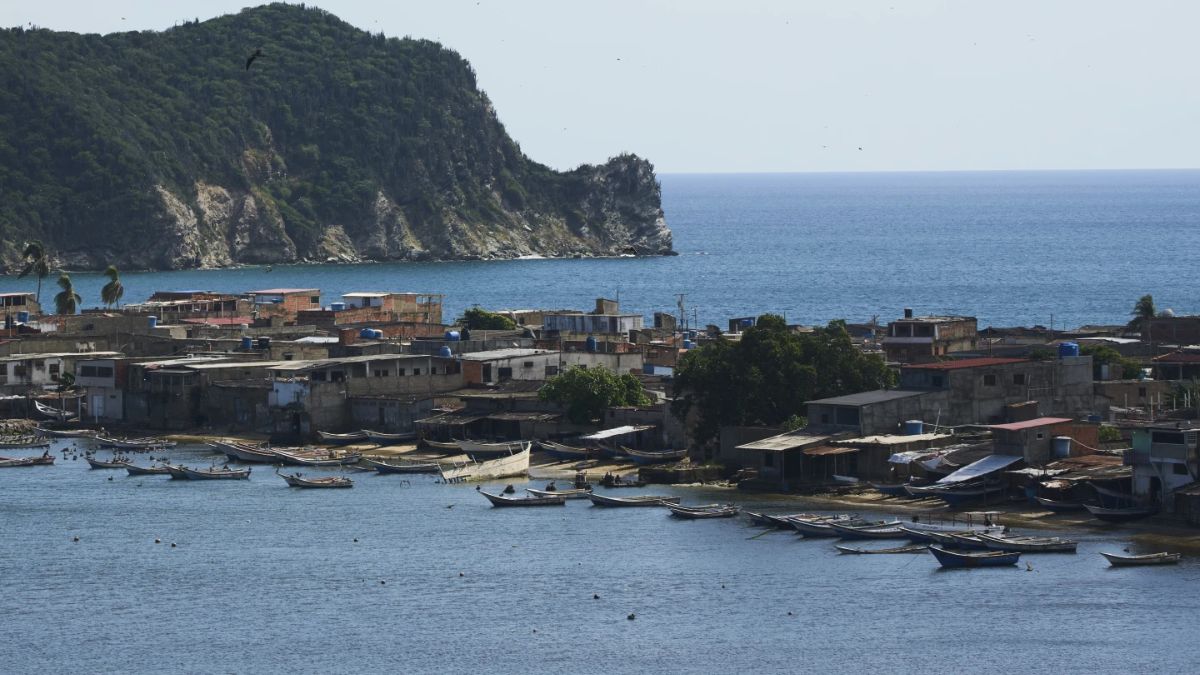)

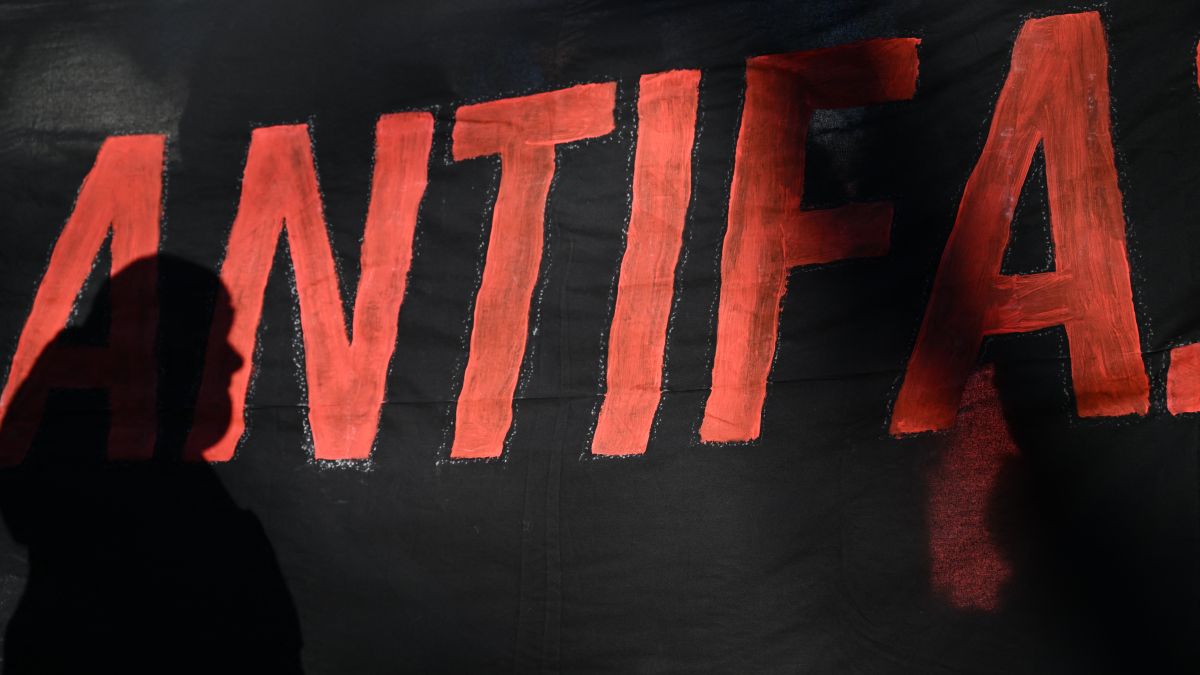)
)
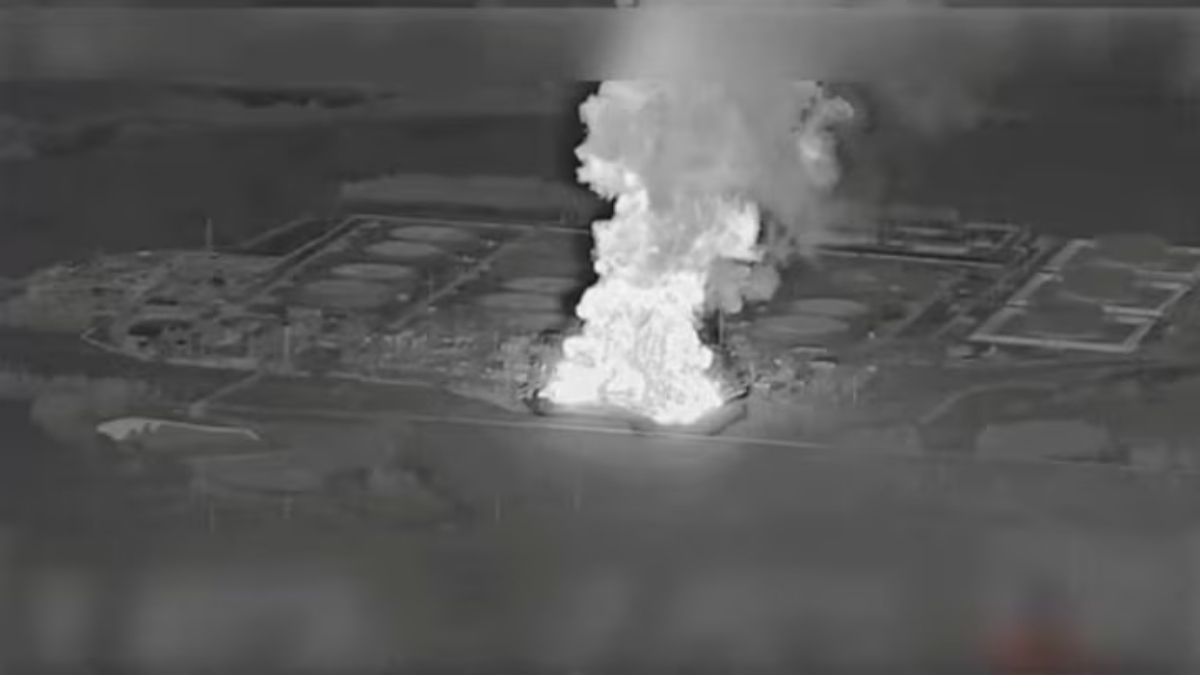)
)
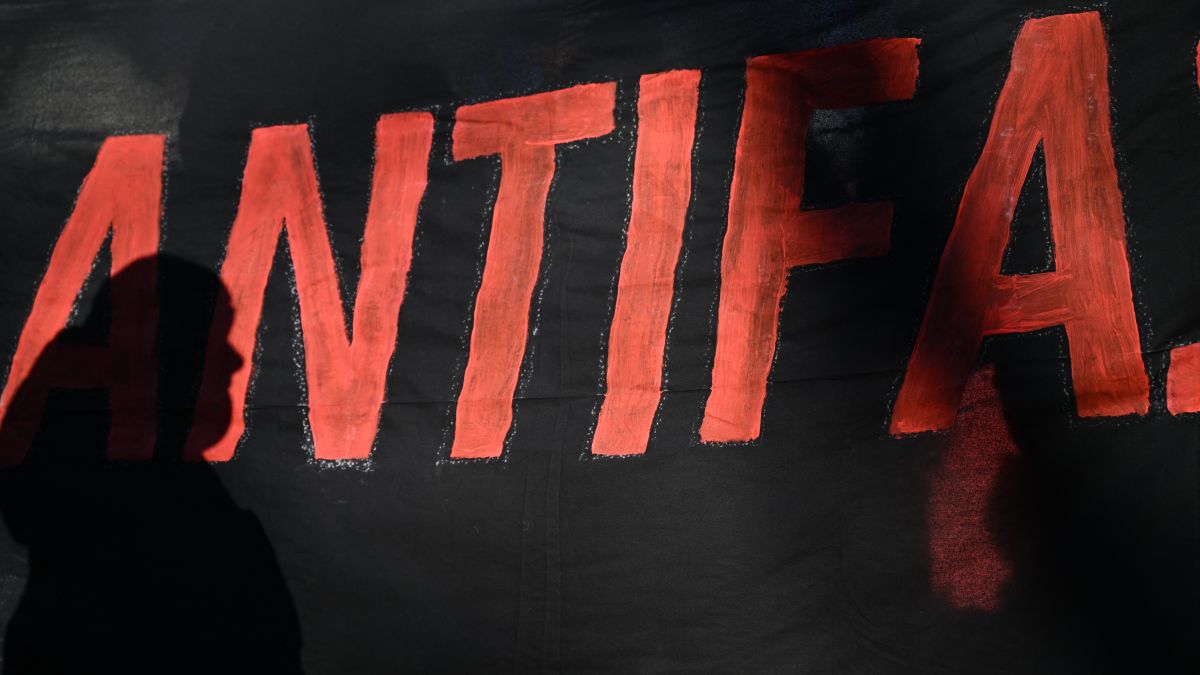)
)
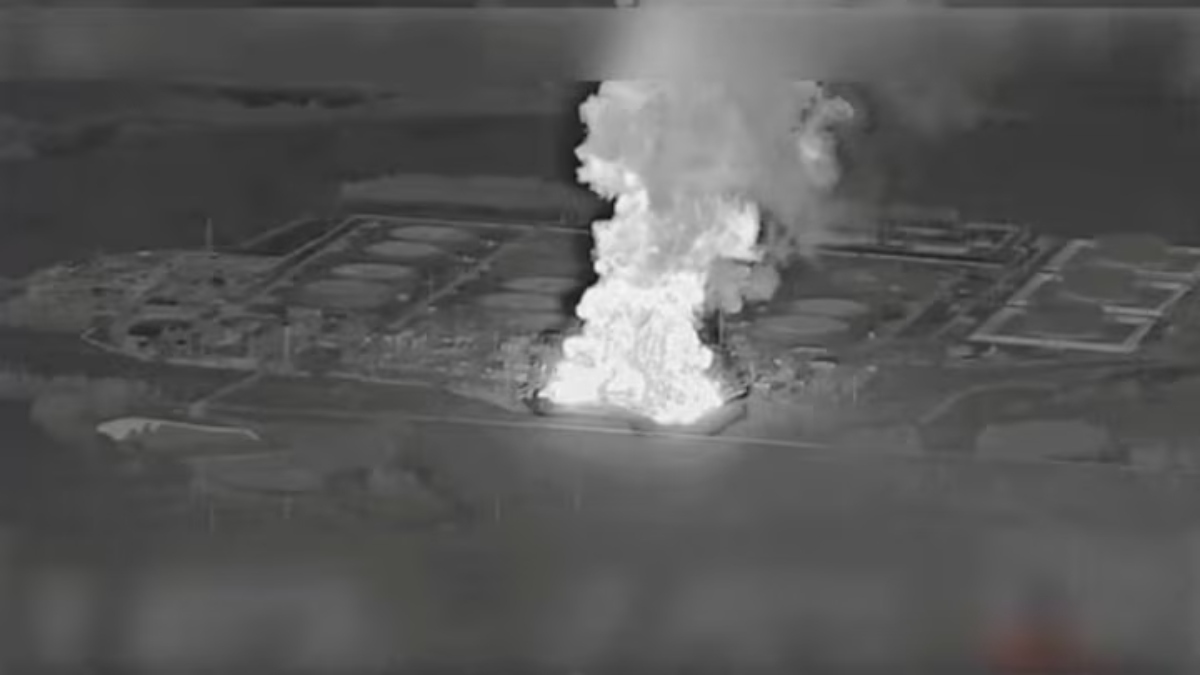)
)



